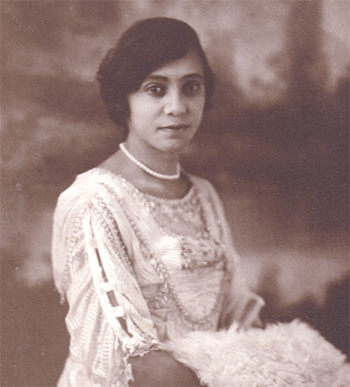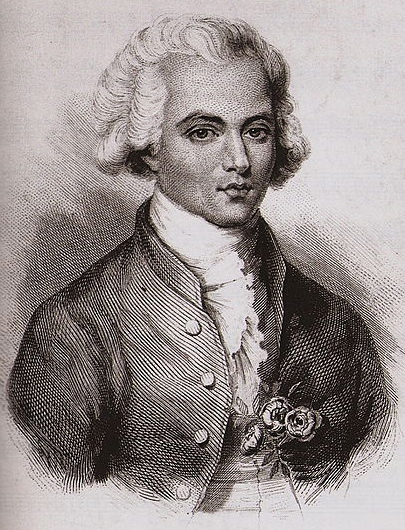by Lilyanna D’Amato

Acutely aware of the classical tradition’s discriminatory leanings, Price was direct. She desperately needed Koussevitzky to program her compositions. The work of a woman composer is predetermined, she said, “to be light, froth, lacking in depth, logic and virility… add to that the incident of race — and I hope you will understand some of the difficulties that confront one in such a position.”
At that point in her career, she had already achieved unprecedented success. The first-prize winner of the 1932 Wanamaker music contest and the first Black female composer to have a symphony performed by a major American orchestra, she was a distinguished member of the Black intelligentsia, fraternizing with the likes of W.E.B. Dubois, Langston Hughes, and Paul Laurence Dunbar. She had received national acclaim for her nearly faultless virtuosity, and yet, she never heard back from Koussevitzky. [Read more…]




